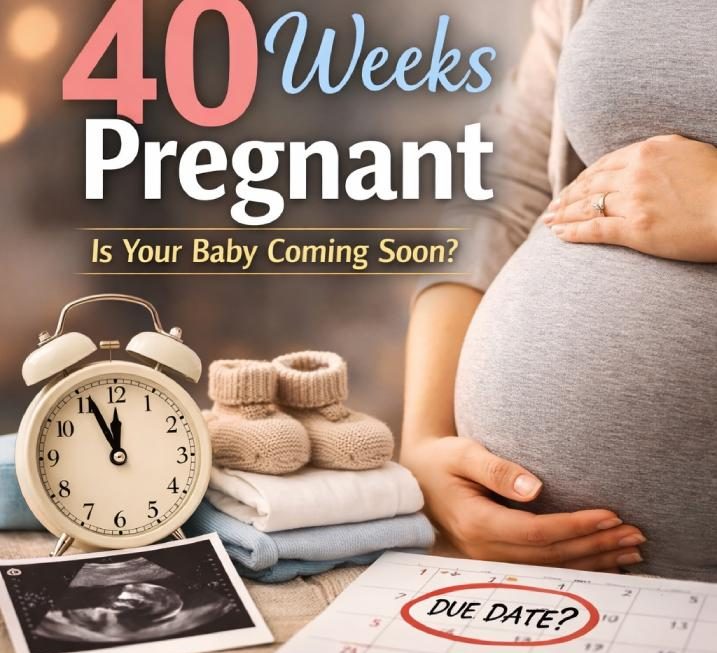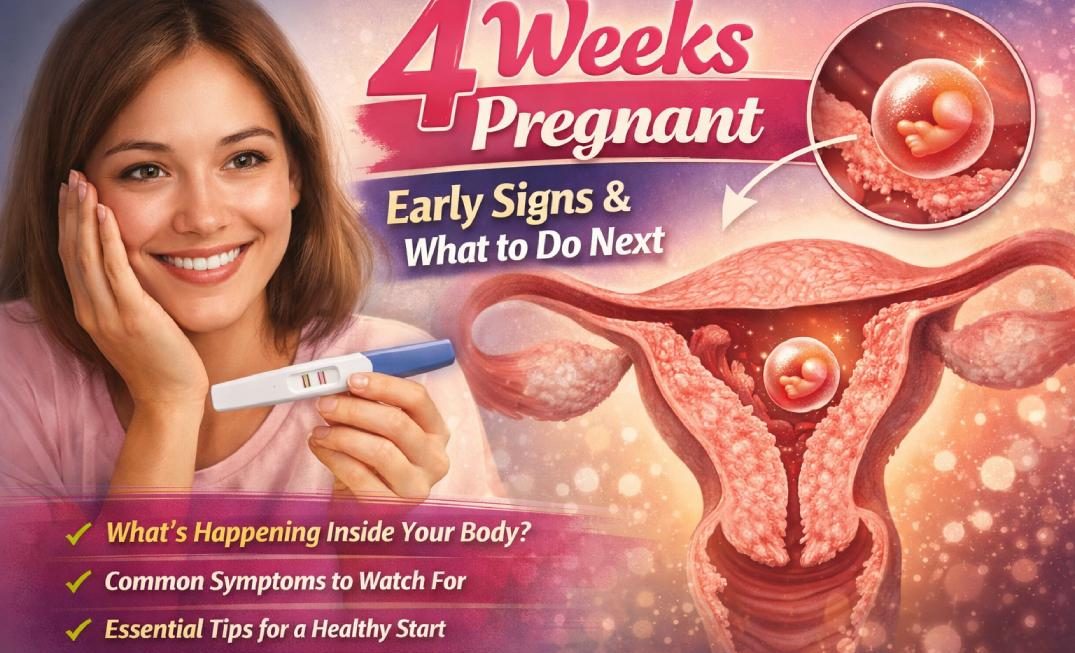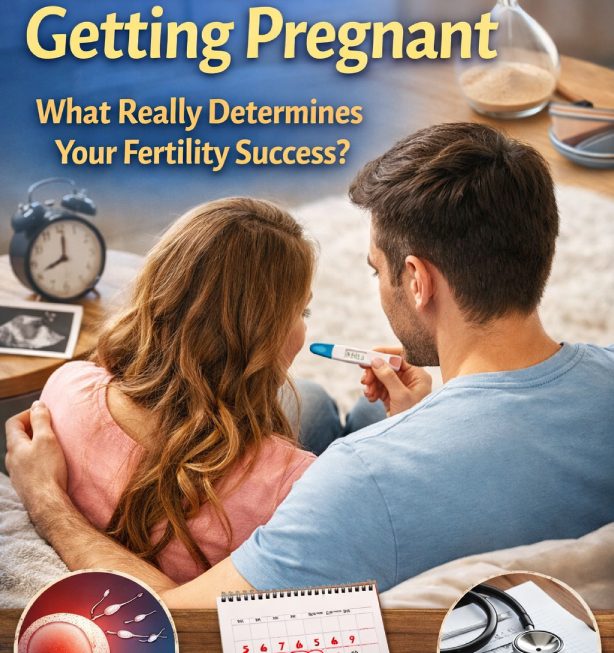The subject of smoking weed while pregnant is surrounded by controversy, misinformation, and a lack of clarity. As more states legalize marijuana for both recreational and medicinal use, many expectant mothers are left to navigate the murky waters of cannabis consumption during pregnancy. Is it safe? What are the potential risks? Can it impact fetal development? These questions loom large for those considering their options during this crucial time. The truth is, while some women might view cannabis as a natural remedy for pregnancy-related discomforts—like nausea and anxiety—the medical community warns against it.
Recent studies have unveiled significant evidence indicating that smoking weed while pregnant can have adverse effects on both the mother and the developing fetus. The active compounds in marijuana, particularly THC (tetrahydrocannabinol), can cross the placental barrier, potentially leading to various developmental issues. This article aims to delve into the risks, effects, and considerations surrounding the use of cannabis during pregnancy. By understanding the facts, mothers-to-be can make informed decisions that prioritize their health and the well-being of their unborn child.

Understanding Cannabis and Pregnancy
What Happens When You Smoke Weed During Pregnancy?
When a pregnant woman smokes weed, the THC present in the cannabis enters her bloodstream and can quickly reach the fetus. This transfer can occur even with low levels of exposure, making it crucial for expectant mothers to understand the implications. The endocannabinoid system, which plays a vital role in the development of the fetal brain and other critical systems, can be affected by the presence of THC. Research suggests that this interference may lead to cognitive and behavioral issues later in life.
The Impact of THC on Fetal Development
THC interacts with cannabinoid receptors in the brain, affecting neurotransmitter release. This interaction can disrupt normal brain development in the fetus, potentially leading to long-term consequences. Studies have shown that children exposed to THC in utero may face a range of challenges, including:
- Attention Deficit Hyperactivity Disorder (ADHD): Increased likelihood of behavioral problems.
- Learning Disabilities: Difficulties in cognitive processing and memory retention.
- Low Birth Weight: Higher risks of preterm birth and complications during delivery.
Other Compounds in Cannabis: What to Consider
While THC is the most studied compound, marijuana contains many other substances, including CBD (cannabidiol). Some may assume that CBD is safer during pregnancy, but research is still limited. CBD may also affect fetal development, and its effects are not entirely understood. Thus, any form of cannabis consumption—whether smoking or using edibles—can pose risks.
The Medical Community’s Stance
Expert Opinions on Cannabis Use During Pregnancy
Most medical professionals and organizations, including the American College of Obstetricians and Gynecologists (ACOG), strongly advise against the use of cannabis during pregnancy. They highlight that the potential benefits do not outweigh the risks associated with THC exposure. Furthermore, the lack of standardized dosing and variations in potency make cannabis consumption particularly unpredictable.
Legal and Social Implications
As marijuana laws evolve, the legal status of cannabis can vary significantly from one state to another. This inconsistency can create confusion for pregnant women who might consider using it for medicinal purposes. Expectant mothers need to consult their healthcare providers regarding any drug use—legal or illegal—to ensure the safety of their pregnancy.
Alternatives to Cannabis for Pregnancy-Related Issues
Safe Remedies for Morning Sickness and Anxiety
Pregnancy can bring about numerous physical and emotional challenges. However, there are various safe, effective alternatives to manage these issues without resorting to smoking weed. Consider these options:
- Ginger Tea: Known for its anti-nausea properties, ginger can be an excellent natural remedy for morning sickness.
- Acupressure: Techniques such as wristbands that apply pressure to specific points can alleviate nausea.
- Breathing Exercises: Simple breathing techniques can help manage anxiety and stress, promoting relaxation without medication.
Seeking Professional Guidance
When faced with pregnancy-related discomforts, it’s always advisable to consult healthcare providers. They can offer personalized recommendations based on individual health needs, ensuring both the mother’s and baby’s well-being.
Frequently Asked Questions (FAQs)
1. Can smoking weed during pregnancy harm my baby?
Yes, smoking weed during pregnancy can expose your baby to THC, which may lead to developmental issues, low birth weight, and cognitive impairments.
2. What are the long-term effects of prenatal cannabis exposure?
Children exposed to cannabis in utero may face attention problems, learning disabilities, and behavioral challenges as they grow.
3. Is CBD safe during pregnancy?
Current research on CBD during pregnancy is limited, and its safety is not well established. It’s best to avoid all forms of cannabis unless advised by a healthcare provider.
4. What alternatives can I use for managing pregnancy-related discomfort?
Safe alternatives include ginger tea for nausea, breathing exercises for anxiety, and acupressure techniques. Always consult your doctor for personalized advice.
5. What should I do if I’ve smoked weed before knowing I was pregnant?
If you’ve consumed cannabis before realizing you were pregnant, it’s crucial to stop immediately and consult your healthcare provider for guidance and support.
Conclusion: Making Informed Choices for Maternal Health
Navigating pregnancy is a complex journey filled with choices that can significantly impact both the mother and child. While the allure of smoking weed for relief may seem tempting, the potential risks associated with THC exposure during pregnancy cannot be overlooked. By understanding the scientific evidence and seeking safer alternatives, expectant mothers can prioritize their health and that of their unborn babies. Knowledge is power, and making informed choices today can lead to a healthier tomorrow for both mother and child. Always consult healthcare professionals for personalized guidance, ensuring the best possible outcome for your pregnancy.


